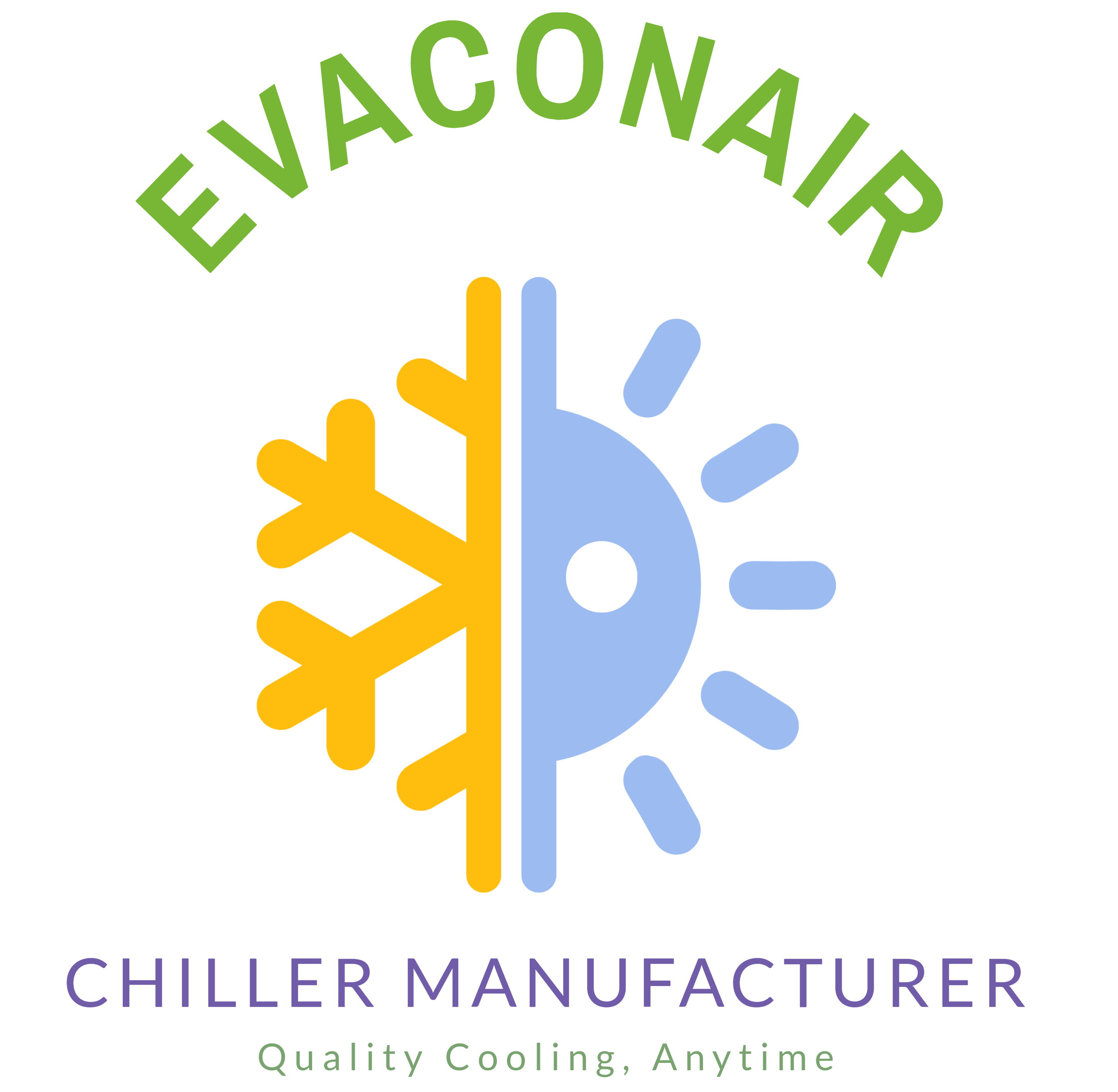Blog
Chillers are essential for cooling in many commercial and industrial applications, but they can be significant consumers of electricity. Understanding their energy usage is crucial for managing operational costs and improving efficiency.
Electricity Consumption of Chillers
1. Factors Influencing Electricity Usage
The electricity consumption of chillers depends on several factors, including:
- Size and Capacity: Larger chillers with higher cooling capacities typically use more electricity. Discover more about chiller sizes and capacities.
- Type of Chiller: Different types of chillers, such as air-cooled and water-cooled, have varying energy efficiencies. Learn more about air-cooled vs. water-cooled chillers.
- Operational Conditions: The efficiency of a chiller can be affected by ambient temperatures, load fluctuations, and maintenance practices. Explore more about operational conditions.
2. Energy Efficiency of Chillers
Modern chillers are designed to be more energy-efficient than older models. They often incorporate advanced technologies such as Variable Speed Drives (VSDs) and high-efficiency compressors to reduce electricity consumption. Learn more about energy-efficient chiller technologies.
3. Electricity Usage in Different Types of Chillers
- Air-Cooled Chillers: Generally, air-cooled chillers use more electricity compared to water-cooled chillers because they rely on ambient air to dissipate heat. Discover more about air-cooled chillers.
- Water-Cooled Chillers: These chillers are usually more efficient in terms of electricity usage, as they use water to absorb and dissipate heat. Explore more about water-cooled chillers.
4. Improving Energy Efficiency
To reduce the electricity consumption of chillers, consider implementing energy-saving measures such as:
- Regular Maintenance: Ensuring the chiller is well-maintained helps it operate more efficiently and reduces electricity usage. Learn more about chiller maintenance.
- Upgrading Components: Replacing outdated components with more efficient ones can lower energy consumption. Discover more about upgrading chiller components.
- Optimizing Operation: Adjusting operating parameters and load management strategies can improve energy efficiency. Explore more about chiller operation optimization.
Conclusion
While chillers can use a significant amount of electricity, modern technologies and maintenance practices can help manage and reduce their energy consumption. For more information on improving the efficiency of your chiller and reducing electricity usage, contact EVACONAIR.
